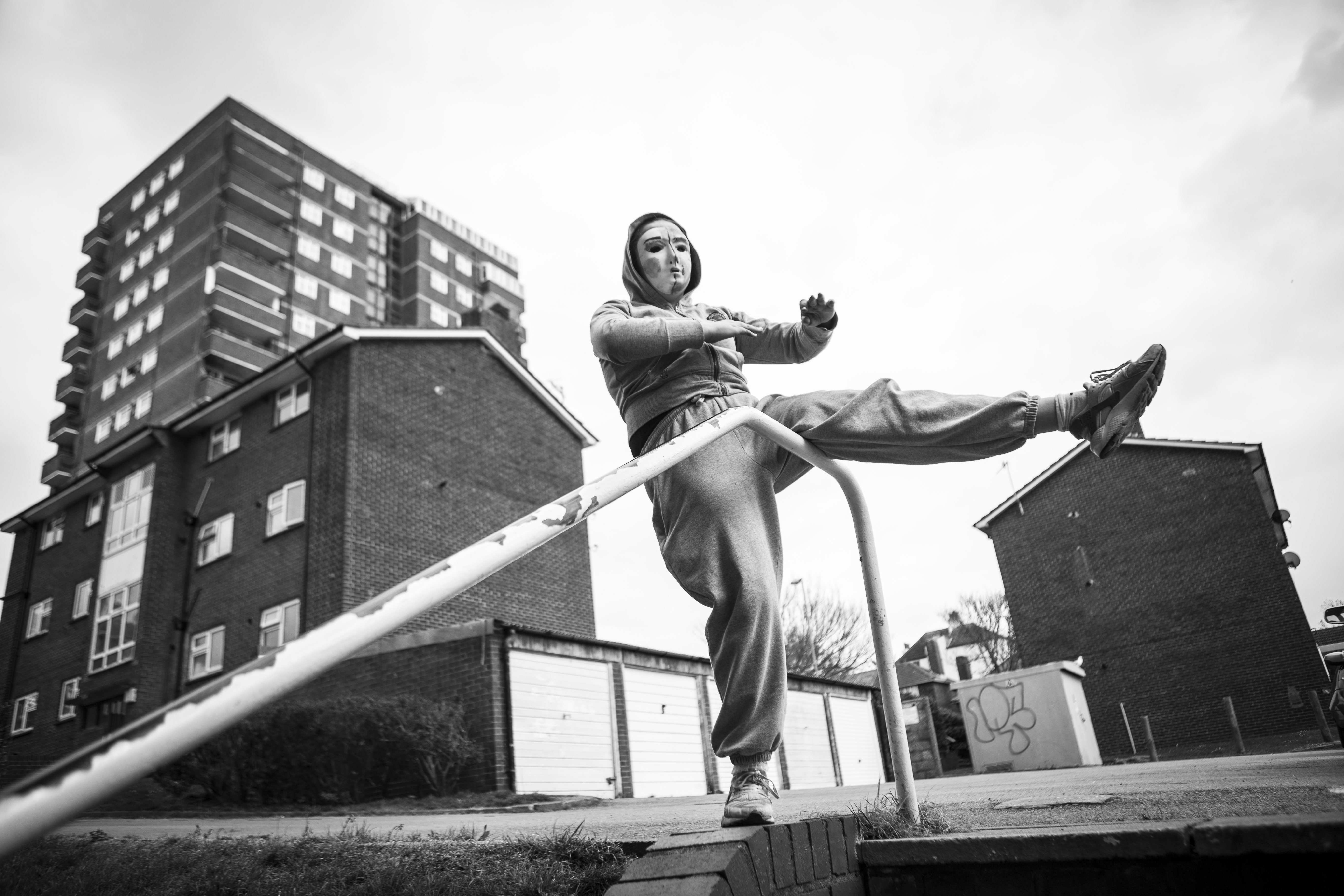Can You See Me Now? is a powerful performance that deals with issues in the social services and policy-making decisions in Britain. With a mixture of heart-wrenching performances, the Miss Represented collective had the whole audience captivated with an array of skits, songs and soliloquys. These strong, mesmerizing young women won the hearts of the audience members, and the show ended with a Q&A where they showed how much they enjoyed the performance, and asked pertinent questions.
Can You See Me Now? had one aim in mind: to stop the misrepresentation of women in reports generated by social services teams. Even though they were granted the opportunity to study, or avail child care, they were judged by the system. These women of various age groups have been trying to change perceptions. Their issues are not black and white, and they can’t be simplified into reports. They are not subjects for a study. Their performances reflected their life, but more importantly, the imperfections in the system.
Having a social worker come and report everything you are saying is a rather intimidating experience. It is patronizing, and can even feel dystopian in nature. Thoughts, emotions, feelings and stories still remain untold. The questions asked are also mechanical, with no changes over a period of time.
These exceptional young women had the courage to speak about their lives and the lies they were fed by teachers and well-wishers who could not live up to their promises. The performances were thought-provoking, and talked about all kinds of problems that are easily and readily dismissed.
Miss Represented have been performing across Britain for a while, and have even performed in front of educationists and policy makers to improve the way social services are delivered. Their aim is to help other young women speak up, and fight back when they need to. Most stories go untold. Women and girls are telling theirs to bring about the much needed change, and break against the system.
All the skits, the songs, poetry, and other pieces are written by the performers themselves; these are all first-hand experiences. A wonderful team of women who started this programme then help with the performances. They compose the music for the songs, they organize and manage props and the stage. To be able to speak up about one’s past can be a haunting experience. It is also commendable that they do it with confidence, and support each other during the performances; the performers have great chemistry together.
The series of raw performances, the energy that they brought to the forum, and the grit that these young women possessed, had the audience in tears by the end of most scenes. There was wit and weight with the performances. To know that there is this NGO that enables women and girls to act, speak, and change perceptions is remarkable. The audience was so receptive in the Q&A section, and the answers we received were straightforward. The confidence with which these women and girls gave solutions to their problems was also mature, and they showed a deep understanding of their situations.

